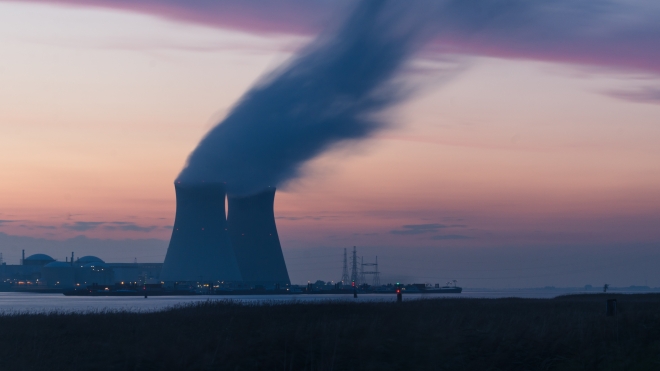The European Commission will not include restrictions against the Russian nuclear industry and its representatives in the tenth sanctions package.
Politico writes about this with reference to sources.
It is noted that Hungary for a long time opposed sanctions against the Russian nuclear industry and was ready to use the right of veto. As a result, the EU abandoned this idea. Then Brussels considered the possibility of introducing sanctions against individual representatives of Rosatom and a number of other companies, but in the end decided not to do that either.
Fears about sanctions against the nuclear industry were not only in Budapest. Thus, earlier this week, representatives of the French government also emphasized the need to proceed with caution regarding sanctions against the Russian nuclear industry, since many nuclear power plants use Russian nuclear fuel.
- On February 15, the head of the European Commission, Ursula von der Leyen, presented the official proposal for the tenth package of sanctions against Russia. The European Commission is proposing further export bans that will cost more than €11 billion and deprive the Russian economy of critical technologies and industrial products. We are talking about goods that Russia will not be able to get from other countries: electronics, special vehicles, car parts, spare parts for trucks and airplanes, goods for the construction sector that can be used by the Russian military.
- The publication Bloomberg wrote that the European Union is considering the possibility of introducing sanctions against the Russian National Welfare Fund. They also want to oblige banks to disclose more information about frozen Russian assets.
- On February 16, it became known that the ambassadors of the EU member states failed to approve the tenth package of sanctions against Russia at the first discussion. The controversy arose because of the European Commissionʼs proposal to ban the purchase of Russian rubber.
